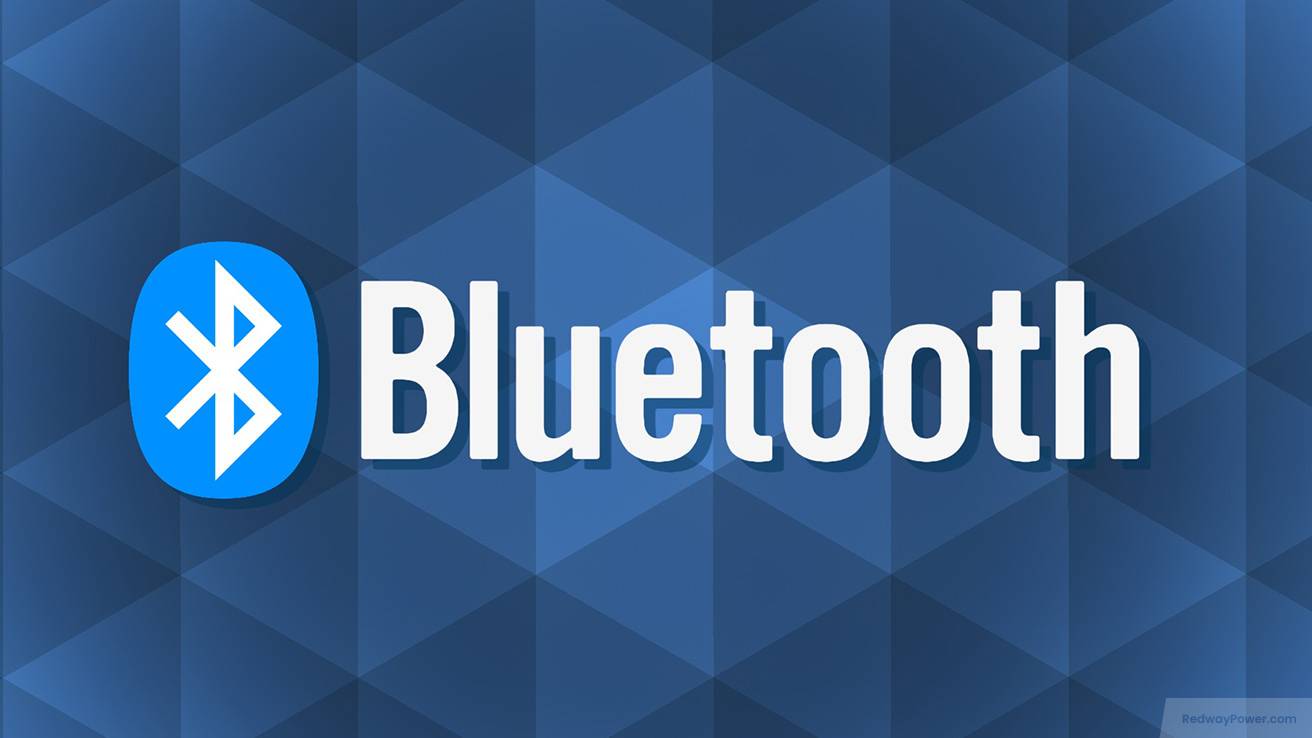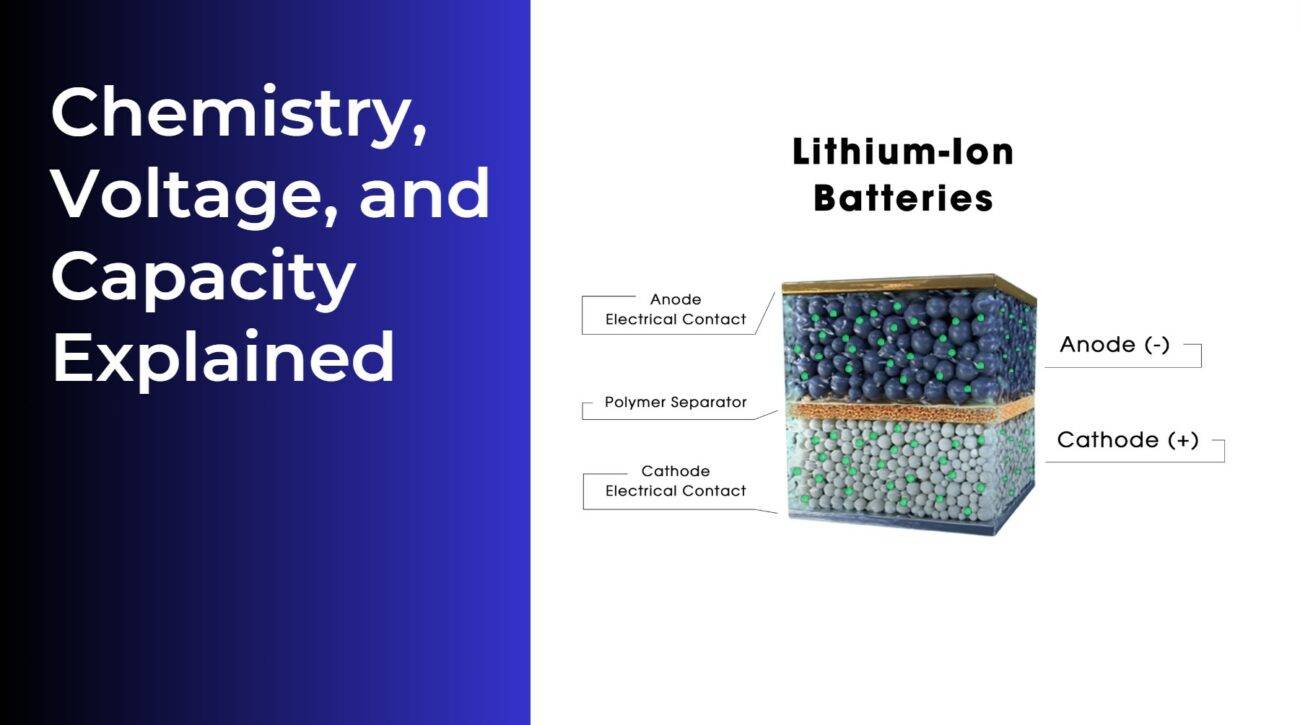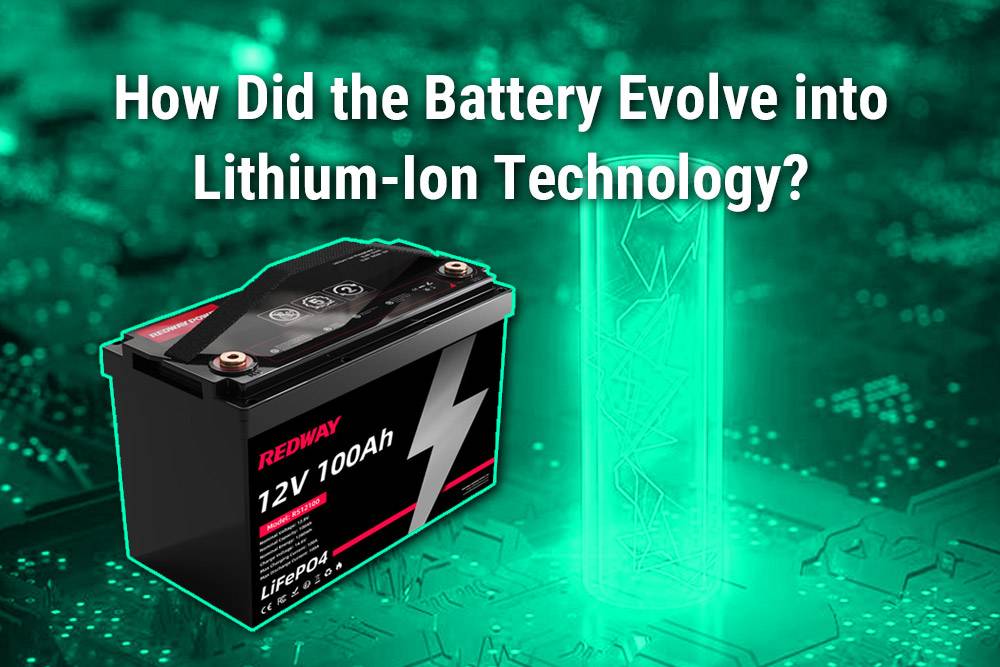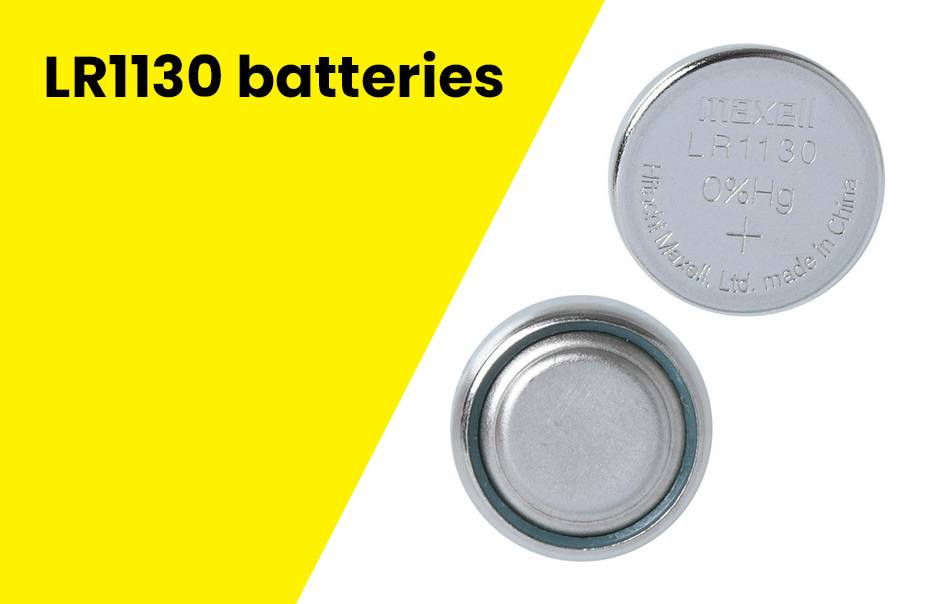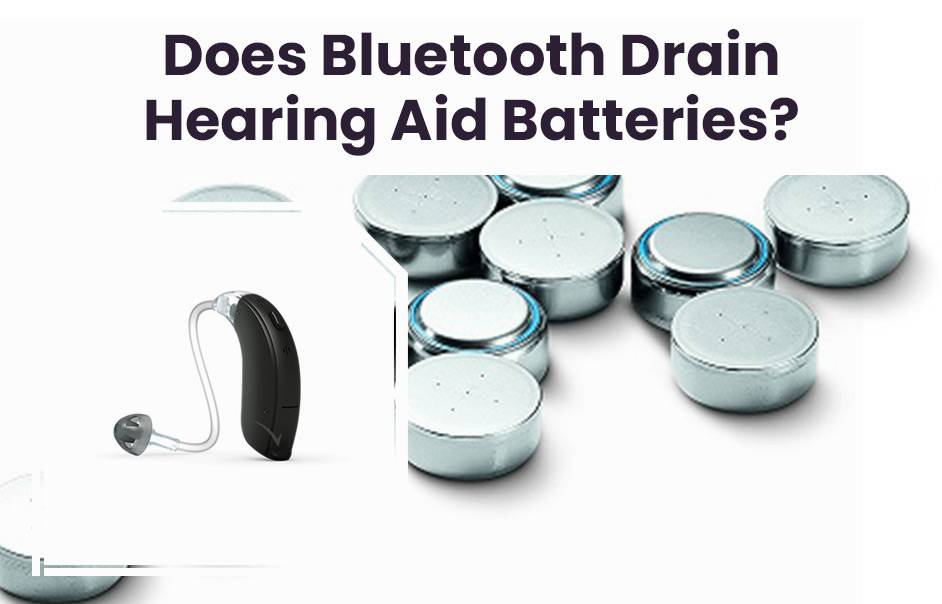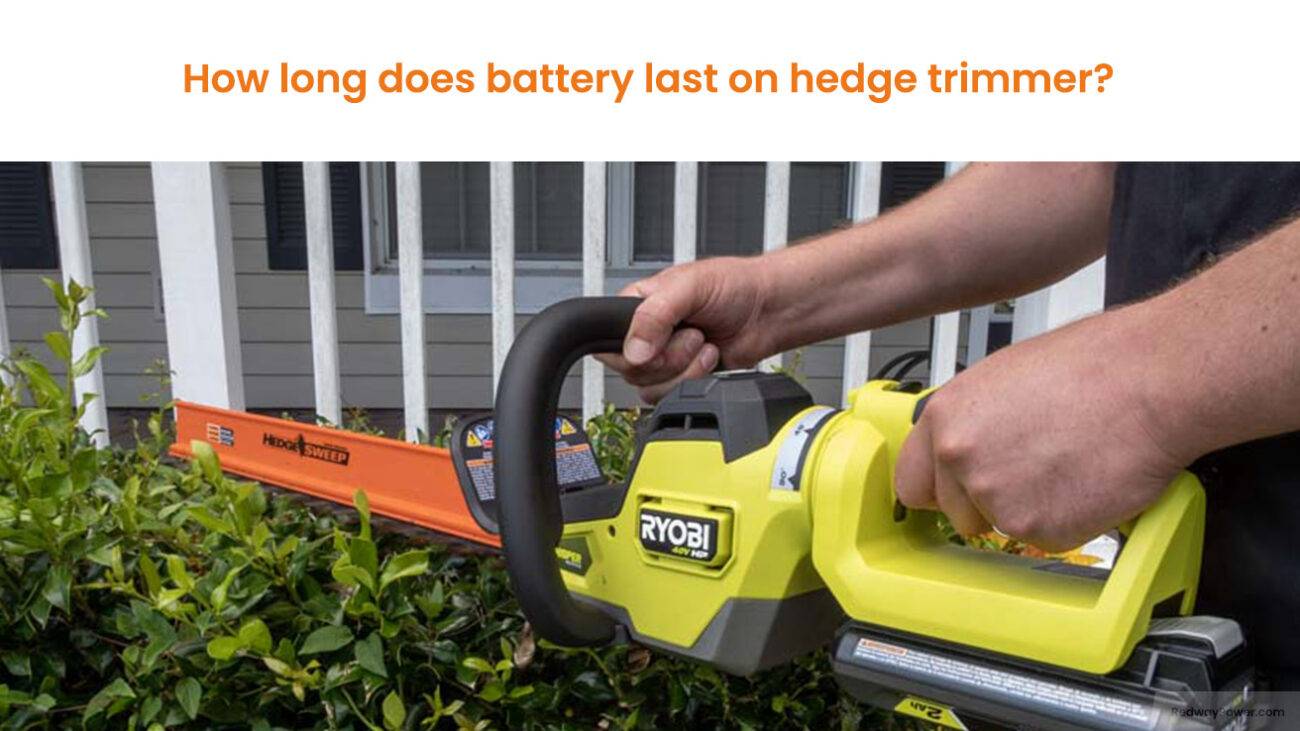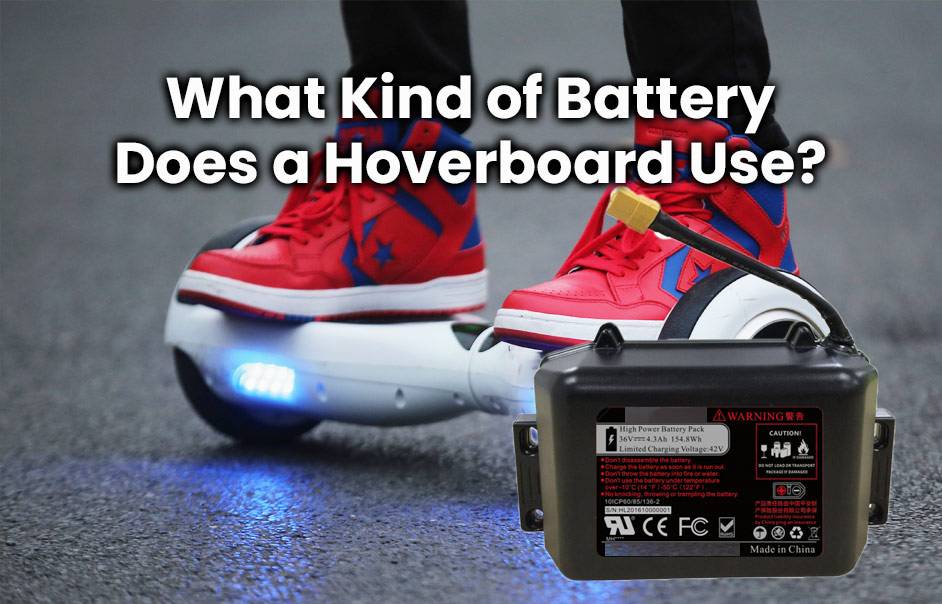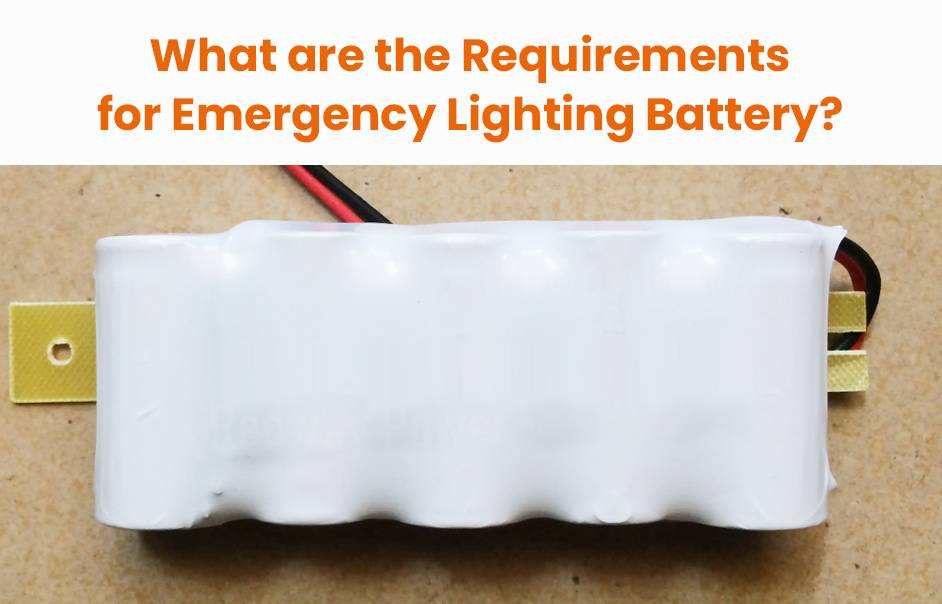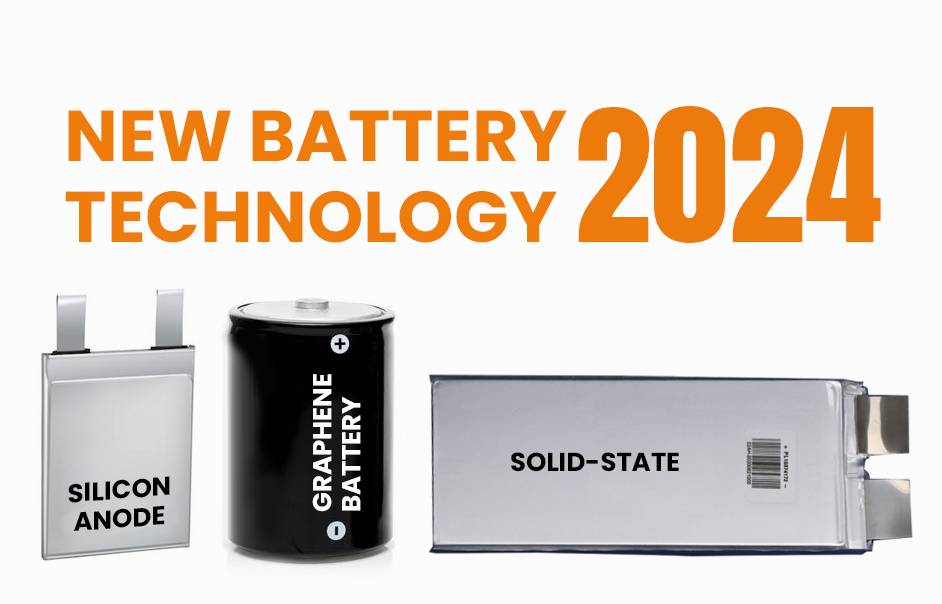- Forklift Lithium Battery
-
48V
- 48V 210Ah
- 48V 300Ah
- 48V 420Ah (949 x 349 x 569 mm)
- 48V 420Ah (950 x 421 x 450 mm)
- 48V 456Ah
- 48V 460Ah (830 x 630 x 590 mm)
- 48V 460Ah (950 x 421 x 450 mm)
- 48V 460Ah (800 x 630 x 600 mm)
- 48V 460Ah (820 x 660 x 470 mm)
- 48V 500Ah
- 48V 560Ah (810 x 630 x 600 mm)
- 48V 560Ah (950 x 592 x 450 mm)
- 48V 600Ah
- 48V 630Ah
-
48V
- Lithium Golf Cart Battery
- 12V Lithium Battery
12V 150Ah Lithium RV Battery
Bluetooth App | BCI Group 31
LiFePO4 Lithium
Discharge Temperature -20°C ~ 65°C
Fast Charger 14.6V 50A
Solar MPPT Charging - 24V Lithium Battery
- 36V Lithium Battery
- 48V Lithium Battery
-
48V LiFePO4 Battery
- 48V 50Ah
- 48V 50Ah (for Golf Carts)
- 48V 60Ah (8D)
- 48V 100Ah (8D)
- 48V 100Ah
- 48V 100Ah (Discharge 100A for Golf Carts)
- 48V 100Ah (Discharge 150A for Golf Carts)
- 48V 100Ah (Discharge 200A for Golf Carts)
- 48V 150Ah (for Golf Carts)
- 48V 160Ah (Discharge 100A for Golf Carts)
- 48V 160Ah (Discharge 160A for Golf Carts)
-
48V LiFePO4 Battery
- 60V Lithium Battery
-
60V LiFePO4 Battery
- 60V 20Ah
- 60V 30Ah
- 60V 50Ah
- 60V 50Ah (Small Size / Side Terminal)
- 60V 100Ah (for Electric Motocycle, Electric Scooter, LSV, AGV)
- 60V 100Ah (for Forklift, AGV, Electric Scooter, Sweeper)
- 60V 150Ah (E-Motocycle / E-Scooter / E-Tricycle / Tour LSV)
- 60V 200Ah (for Forklift, AGV, Electric Scooter, Sweeper)
-
60V LiFePO4 Battery
- 72V~96V Lithium Battery
- Rack-mounted Lithium Battery
- E-Bike Battery
- All-in-One Home-ESS
- Wall-mount Battery ESS
-
Home-ESS Lithium Battery PowerWall
- 24V 100Ah 2.4kWh PW24100-S PowerWall
- 48V 50Ah 2.4kWh PW4850-S PowerWall
- 48V 50Ah 2.56kWh PW5150-S PowerWall
- 48V 100Ah 5.12kWh PW51100-F PowerWall (IP65)
- 48V 100Ah 5.12kWh PW51100-S PowerWall
- 48V 100Ah 5.12kWh PW51100-H PowerWall
- 48V 200Ah 10kWh PW51200-H PowerWall
- 48V 300Ah 15kWh PW51300-H PowerWall
PowerWall 51.2V 100Ah LiFePO4 Lithium Battery
Highly popular in Asia and Eastern Europe.
CE Certification | Home-ESS -
Home-ESS Lithium Battery PowerWall
- Portable Power Stations
Why Do Games Drain My Battery So Quickly?

Games often drain your device’s battery quickly due to several factors, including high processing demands, constant internet connectivity, and background activities. Understanding these elements can help you manage your device’s power consumption better, allowing for longer gaming sessions without frequent recharges.
What factors contribute to high battery consumption in games?
Several key factors lead to high battery consumption when playing games:
- High Graphics Demands: Modern games often feature intricate graphics that require substantial processing power, leading to increased energy consumption.
- CPU and GPU Usage: Intensive calculations for physics, rendering, and animations put a strain on your device’s CPU and GPU.
- Frequent Notifications: Apps that send frequent notifications can wake the device and activate the screen, which uses additional power.
Battery Consumption Factors Chart
| Factor | Description |
|---|---|
| High Graphics Demands | Detailed visuals require more processing power |
| CPU/GPU Usage | Intensive calculations lead to higher energy consumption |
| Frequent Notifications | Activating the screen and using resources for alerts |
How does screen brightness affect battery life during gameplay?
Screen brightness plays a crucial role in determining how long your device lasts during gaming sessions:
- Higher Brightness: Increased brightness levels consume more power, leading to faster battery depletion.
- Adaptive Brightness: Utilizing adaptive brightness settings can help manage power by adjusting the screen’s brightness based on ambient light conditions.
- Dark Mode: For devices with OLED screens, using dark mode can save additional power since fewer pixels are lit up.
Why do games require constant internet connectivity?
Many mobile games demand a constant internet connection for several reasons:
- Multiplayer Features: Online multiplayer modes require real-time data exchange, which drains the battery.
- In-game Updates: Frequent updates and notifications from servers necessitate continuous connectivity.
- Ad Delivery: Many free-to-play games rely on ad delivery systems that require an active internet connection.
This constant communication with servers leads to increased energy consumption compared to offline gaming.
What role does background activity play in battery drain?
Background activity significantly impacts overall battery life:
- Running Apps: Apps that continue to run in the background consume resources and power even when not actively used.
- Notifications: Frequent notifications can wake the device and activate the screen, consuming additional power.
- Syncing Data: Background syncing of emails, messages, and app updates can also lead to faster depletion of the battery.
How do graphics and processing power impact battery usage?
The graphics quality and processing demands of a game directly influence how much power it consumes:
- High Graphics Settings: Games with high-resolution textures and detailed environments require more GPU resources, leading to increased energy use.
- Complex Gameplay Mechanics: Games that involve intricate mechanics or physics simulations place additional strain on both CPU and GPU resources.
Reducing graphics settings can help mitigate this drain.Graphics Impact Chart
| Graphics Quality | Impact on Battery Life |
|---|---|
| High | Significant drain; requires more processing power |
| Medium | Moderate drain; balanced performance |
| Low | Minimal drain; extends gameplay time |
What are the most battery-hungry games?
Certain games are known for their excessive battery consumption due to their demanding nature:
- Call of Duty Mobile: High graphics and fast-paced gameplay lead to rapid drain.
- PUBG Mobile: Requires significant processing power for large maps and multiplayer interactions.
- Fortnite: Known for its detailed graphics and constant online connectivity.
Understanding which games consume more power can help you manage your gaming sessions effectively.
Tips for Battery Wholesale Buyers
For those interested in OEM orders or wholesale purchases of batteries, consider these key points:
- Quality Assurance: Choose manufacturers known for their reliability and product quality.
- Compatibility Checks: Ensure that batteries meet specific requirements for performance and safety.
- Cost Efficiency: Compare prices across suppliers for competitive rates.
Redway Power, a reputable lithium battery manufacturer with over 13 years of experience, is an excellent choice for wholesale buyers seeking dependable products.
Redway Power Expert Views
“Managing your device’s energy consumption while gaming is essential for maximizing enjoyment,” states an expert from Redway Power. “By understanding how various factors contribute to battery drain, users can implement strategies that allow for longer play sessions without interruptions.”
FAQ Section
- Why do some games drain my phone’s battery faster than others?
Certain games require more resources due to high graphics demands or constant internet connectivity. - How can I reduce the amount of battery my games use?
Lowering screen brightness, closing background apps, and adjusting game settings can help conserve energy. - Is it normal for my phone to heat up while gaming?
Yes, it’s common due to increased CPU/GPU usage; however, excessive heat may indicate potential issues that need addressing.














